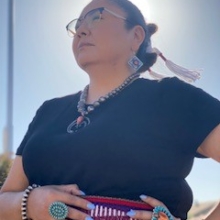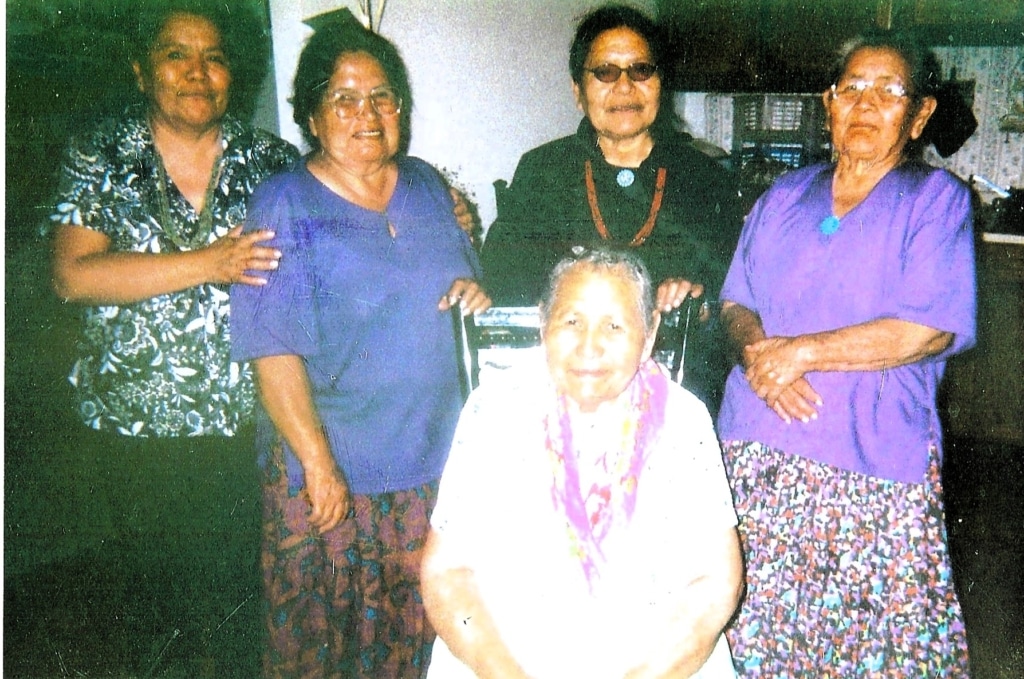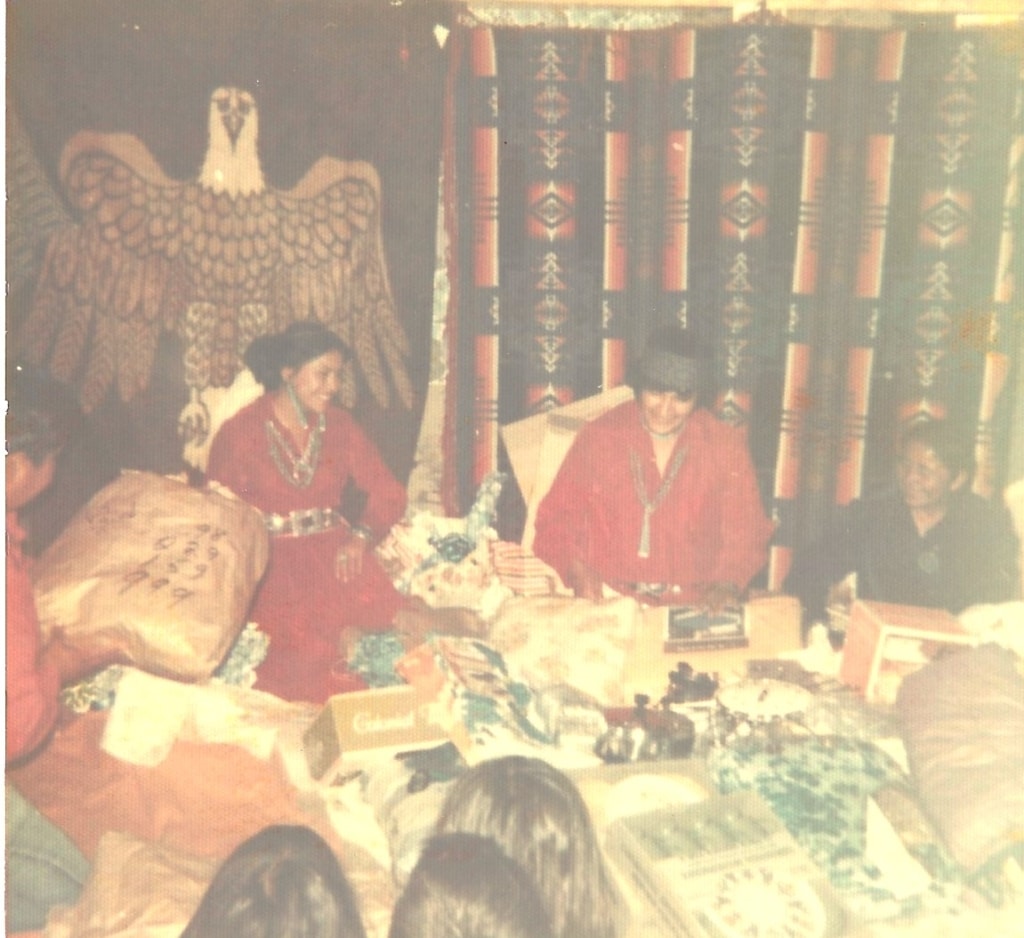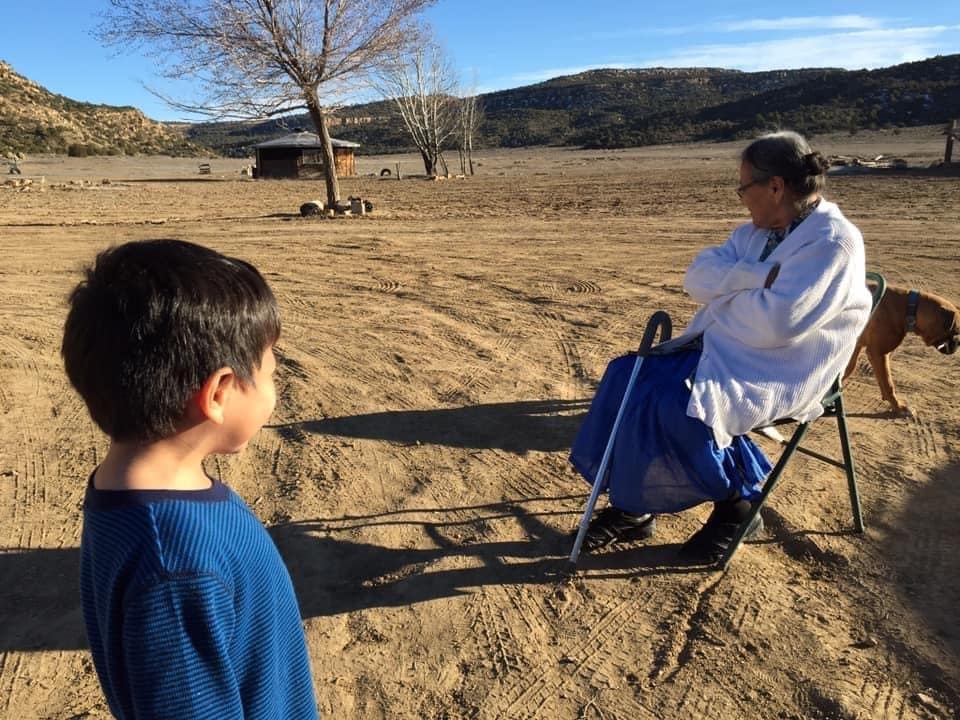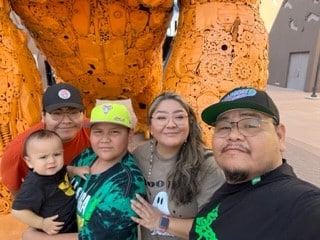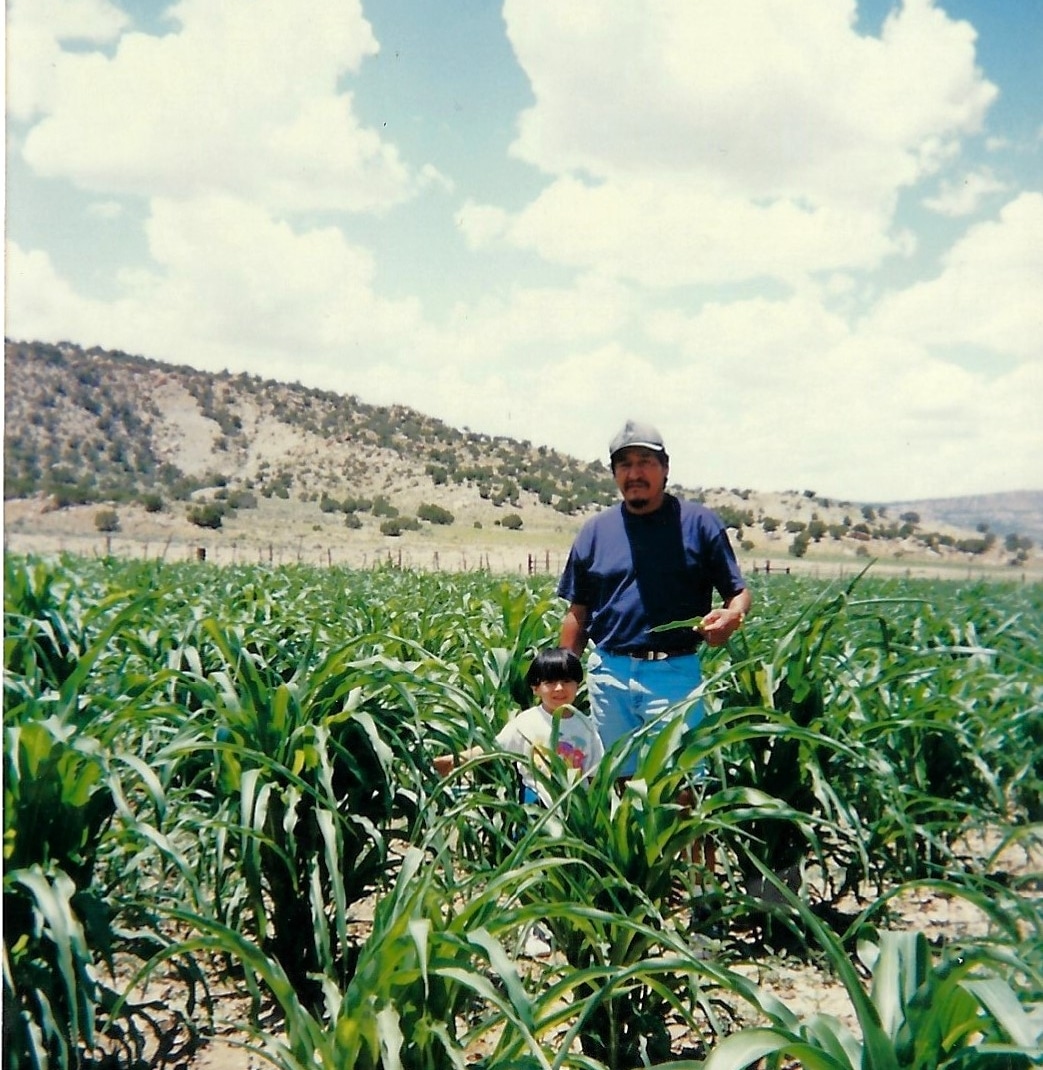As part of our Programmatic Assistance for Tribal Home Visiting program, Carri and her colleagues are laying the foundation for a brighter future.
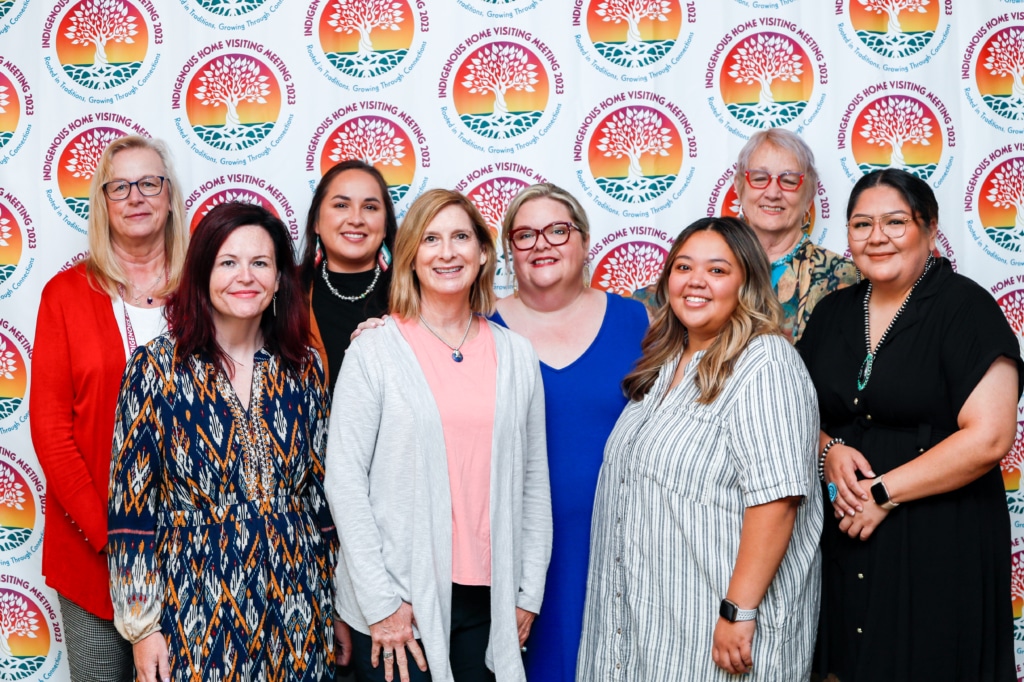
The PATH team supports grantees through a variety of technical assistance activities, including virtual and in-person individualized learning, facilitating peer sharing and group learning events and developing tools and resources to support grantee efforts.

